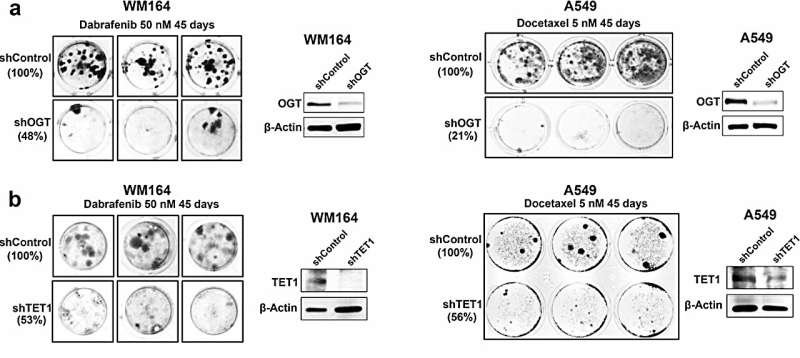This article has been reviewed according to Science X's editorial process and policies. Editors have highlighted the following attributes while ensuring the content's credibility:
fact-checked
trusted source
proofread
Research identifies new drug target to beat cancer drug resistance

University of Queensland researchers have identified a novel drug target with the potential to overcome drug resistance and prevent tumor regrowth in cancer patients.
Associate Professor Helmut Schaider from UQ's Frazer Institute said the newly identified molecule was not currently a target for treatment, opening the potential for drug development.
"Drug resistance is the single major cause of death in cancer patients," Dr. Schaider said. "For example, almost half of patients with lung cancer die from the disease due to tumor regrowth. Drug resistance affects all cancer types, with adverse outcomes for patients and the health care system."
Dr. Schaider said an international research effort was underway into how cancer patients develop resistance to drugs and to find suitable targets for intervention, but so far success had been limited.
"One of the mechanisms which leads to permanent cancer drug resistance is an adaptive process based on a chronic stress response," he said. "This process accounts for about 40% of cancer patients developing drug resistance.
"Our research has identified a molecule which is crucial for cancer cells to regain the ability to proliferate while under treatment. The next step is to develop drugs to target this molecule."
Their study is published in Drug Resistance Updates.
Dr. Schaider partnered with the Queensland Emory Drug Discovery Initiative (QEDDI), a business unit of UQ's commercialization company UniQuest, to work on first-in-class small molecule inhibitors as novel anticancer therapeutics.
UniQuest CEO Dr. Dean Moss said it was encouraging to see therapeutic options emerge from collaborative partnerships between UQ researchers and QEDDI. "We are utilizing Dr. Schaider's expertise in cancer biology and QEDDI's drug development capabilities to develop novel inhibitors that could become new medicines to treat patients with advanced solid tumors," Dr. Moss said.
More information: Dinoop Ravindran Menon et al, H3K4me3 remodeling induced acquired resistance through O-GlcNAc transferase, Drug Resistance Updates (2023). DOI: 10.1016/j.drup.2023.100993


















